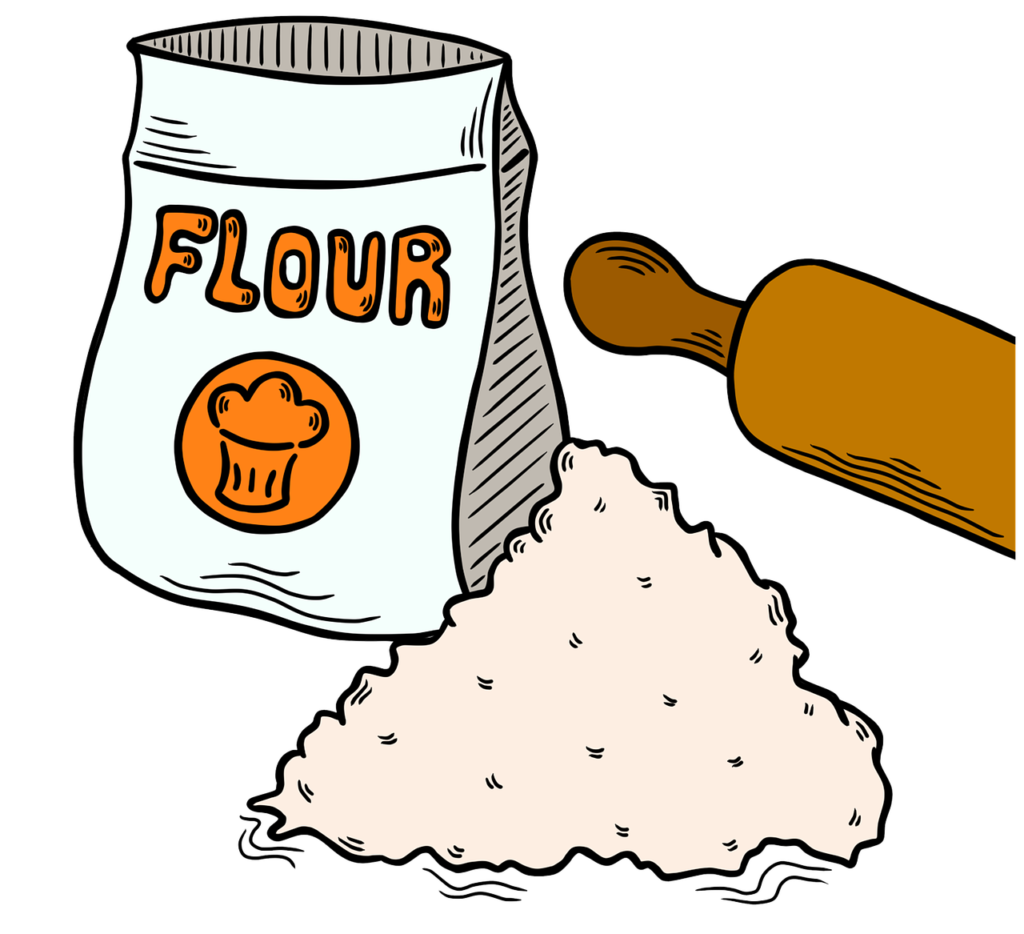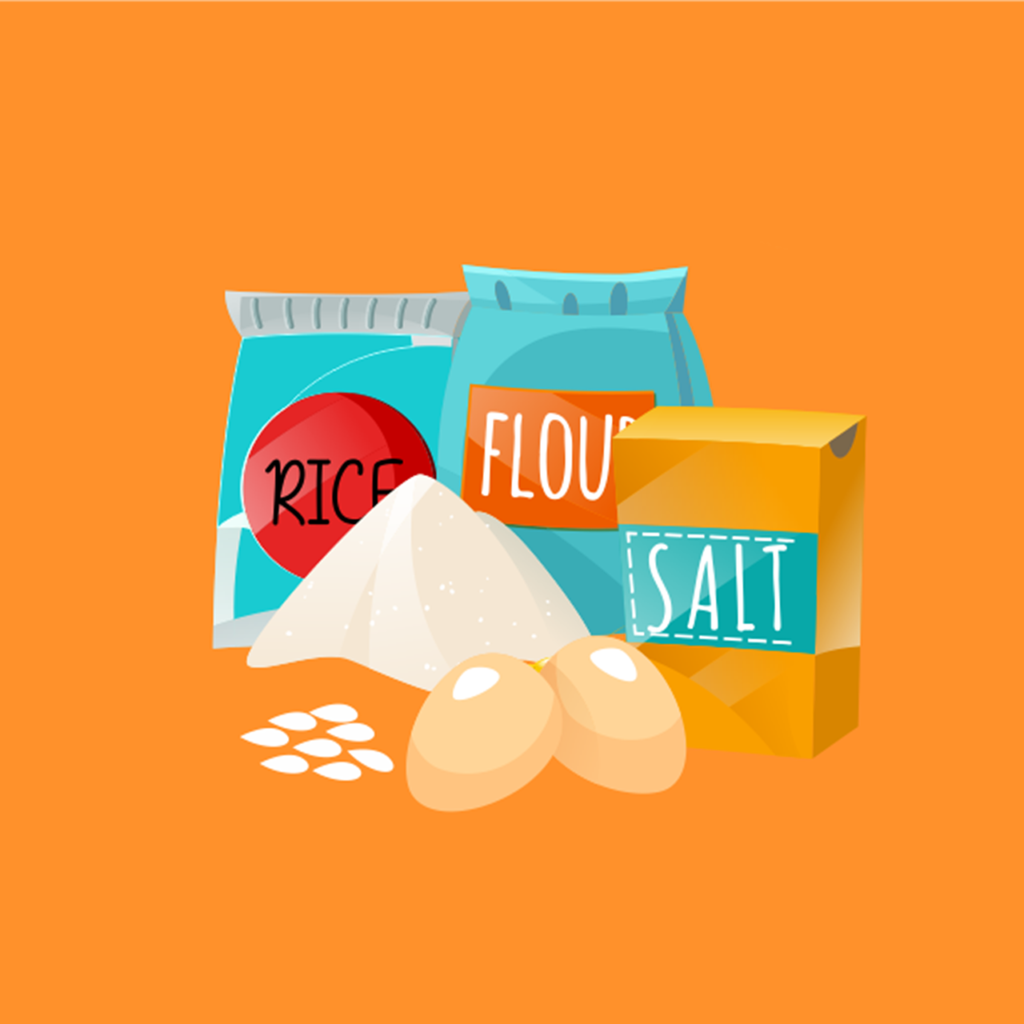In the pursuit of culinary delight, modern dietary trends have veered towards artificiality, sacrificing nutritional integrity at the altar of taste. White flour, sugar, and salt, hailed as culinary staples, harbor sinister secrets that threaten our well-being. Join us as we delve into the dark underbelly of these three “W” products and unravel the web of health hazards they conceal.

The Deceptive Allure of White Flour
Wheat, revered for its energy-rich properties, undergoes a treacherous transformation in the refining process. Stripped of its protective layers and vital nutrients, white flour emerges as a shadow of its former self. Stone-ground whole wheat flour, once revered for its health benefits, has been supplanted by industrially processed counterparts that prioritize speed over substance. The result? A nutrient-deficient concoction that spells trouble for discerning consumers.
Sugar: The Bittersweet Temptress
From the humble cane to the ubiquitous crystalline form, sugar’s rise to culinary dominance parallels a surge in dietary maladies. Refined to perfection, white sugar boasts little beyond empty calories and a penchant for wreaking havoc on the body. Dental decay, obesity, and metabolic disorders are but a few of the perils lurking beneath its saccharine facade. As consumption skyrockets, so too does the toll on public health, painting a grim picture of sugar’s insidious grip.
Salt: The Silent Saboteur
Sodium chloride, heralded for its role in flavor enhancement, conceals a darker truth beneath its innocuous crystals. Excessive salt intake, a ubiquitous feature of modern diets, exacts a heavy toll on the body’s delicate balance. From hypertension to renal dysfunction, the repercussions of sodium overload are far-reaching and often insidious. As we navigate the labyrinth of dietary choices, vigilance against salt’s stealthy infiltration is paramount.
Unveiling the Health Hazards
White products, once lauded as culinary cornerstones, emerge as harbingers of disease in the harsh light of scrutiny. Flour stripped of its nutrient bounty, sugar devoid of its natural companions, and salt in excess – each presents a unique threat to our well-being. Dental decay, metabolic syndrome, and cardiovascular ailments stand as testaments to the folly of prioritizing taste over nutrition.
Navigating Towards Healthier Alternatives
Amidst the sea of culinary deception, hope beckons in the form of wholesome alternatives. Whole grain flour, unrefined sugars, and judicious use of natural salts offer a path to culinary redemption. By embracing these alternatives, we reclaim control over our health and liberate ourselves from the shackles of artificiality.
Conclusion
In the age of culinary indulgence, vigilance is the price of health. By peeling back the layers of deception shrouding white flour, sugar, and salt, we empower ourselves to make informed dietary choices. Let us embark on a journey towards wellness, embracing the richness of whole foods and the vitality they offer. For in the pursuit of culinary delight, our health should never be sacrificed at the altar of taste.

FAQs
1. Can whole wheat flour be used as a healthier alternative to white flour? Yes, whole wheat flour retains the nutrient-rich bran and germ, offering superior health benefits compared to its refined counterpart.
2. How does excessive sugar consumption contribute to obesity? Sugar, laden with empty calories, promotes weight gain and obesity when consumed in excess, especially in the absence of accompanying nutrients.
3. What are some natural sources of sweeteners that can replace white sugar? Natural sweeteners like honey, maple syrup, and dates offer nutritive value along with sweetness, making them healthier alternatives to refined sugar.
4. Is all salt equally harmful to health? While sodium chloride should be consumed in moderation, unprocessed salts like sea salt or Himalayan pink salt contain trace minerals and may offer some health benefits in small quantities.
5. How can I reduce my salt intake without compromising flavor? Herbs, spices, and citrus zest can add depth and complexity to dishes without relying on excessive salt, promoting flavor without the health risks.
